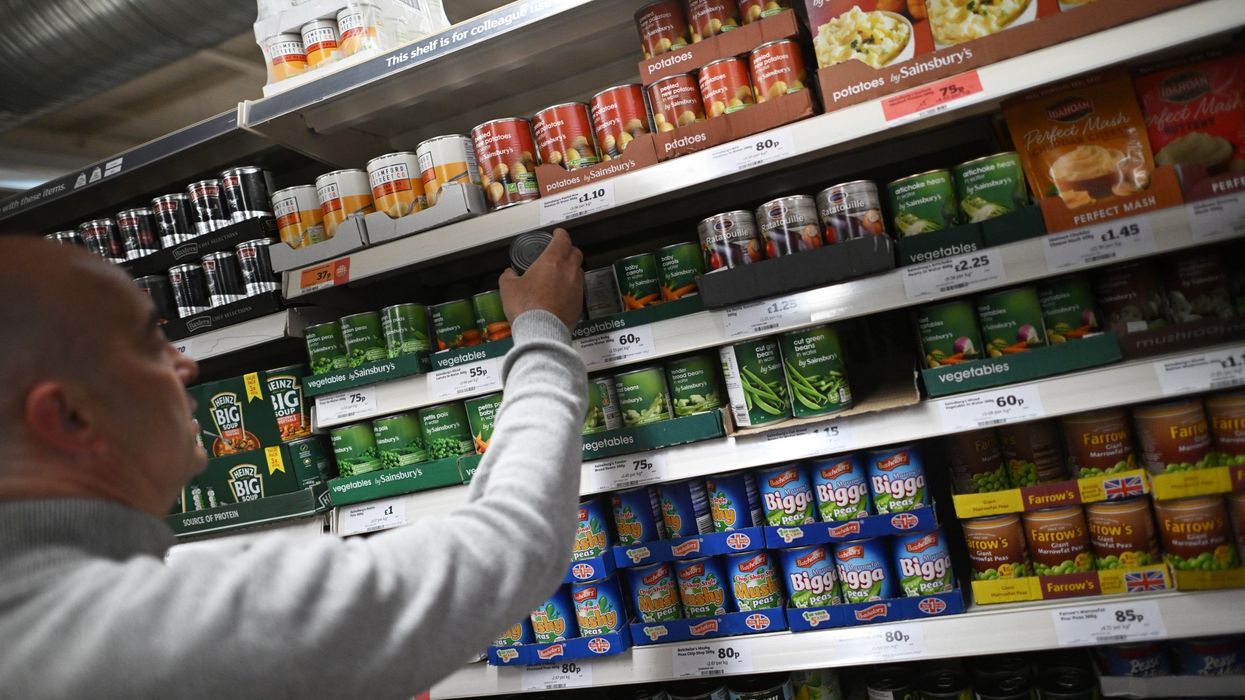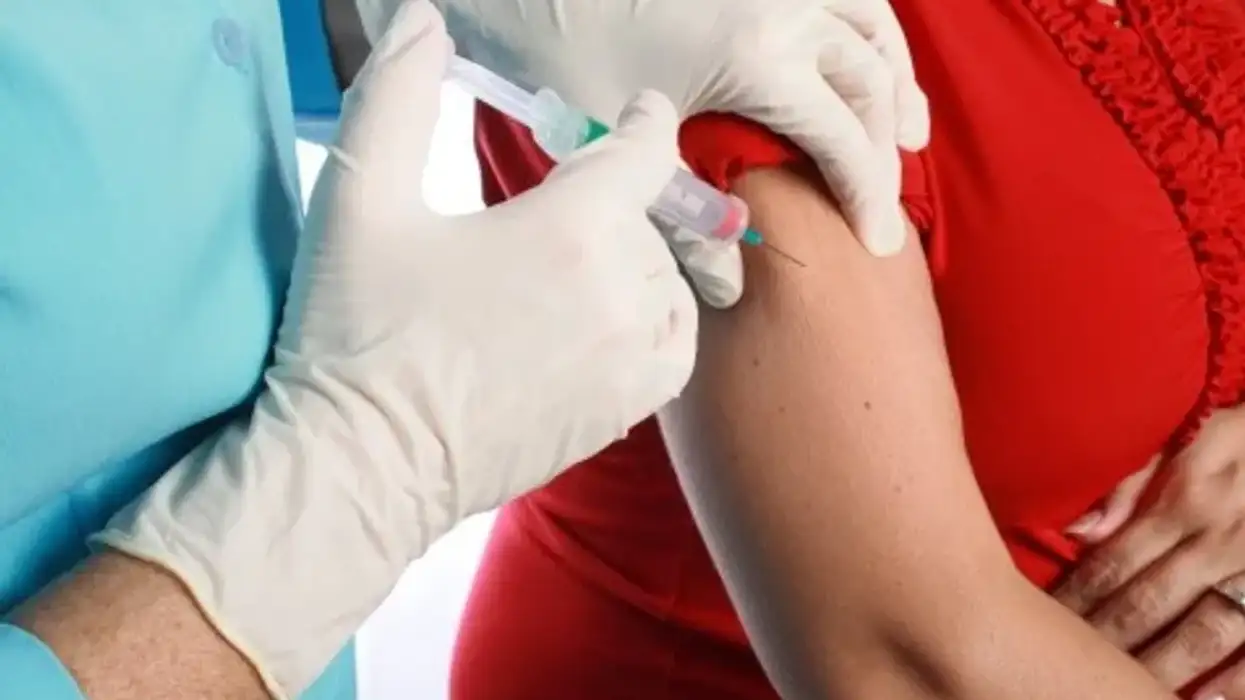Consumers worried about food affordability were more likely to take food safety risks to save money
The Food Standards Agency (FSA) recently released its end-of-year report, revealing the top food-related concerns among consumers.
The report presents insights from its monthly Consumer Insights Tracker (CIT), covering the period from July 2023 to March 2024.
Food prices remained the top concern for respondents with 87 per cent expressing concern in March 2024, followed by concerns about ultra-processed or over-processed foods at 77 per cent, and food poverty and inequality, which concerned 75 per cent of respondents.
These food-related concerns have remained largely stable since July 2023.
A slight decline was seen in the number of consumers worried about their household’s ability to afford food in the next month, dropping from 28 per cent in July 2023 to 22 per cent in February and March 2024.
However, those worried about food affordability were more likely to take food safety risks to save money, such as lowering the cooking temperature of food or turning off a fridge/ freezer containing food.
Michelle Patel, Deputy Director, Analysis at the FSA, said: “This latest data shows that the cost of buying food is still a worry for most consumers. While we've seen a slight improvement, still over one in five of us tell us they are worried about affording food.
“It is particularly concerning that some say they are resorting to risky food safety practices to save money.”
The report highlighted that concerns about food affordability were highest among individuals limited by a disability or long-term health condition, those under the age of 55, those in the most deprived IMD deciles, individuals from ethnic minority backgrounds and residents of Northern Ireland.
A significant number of respondents reported taking measures to save money while shopping, cooking, and eating.
In March 2024, the most common ways of saving money when shopping included choosing cheaper alternatives to branded products (47 per cent), buying discounted food close to its use-by date (37 per cent) and shopping around in multiple supermarkets/ shops (34 per cent).
One in four (25 per cent) people in England, Wales, and Northern Ireland reported engaging in at least one 'risky' food behaviour in the past month to save money. These behaviours included reducing the cooking time of food or turning off a fridge/freezer containing food.
Individuals worried about food affordability (58 per cent) were significantly more likely to report practicing these kinds of risky behaviours. The incidence of such behaviours was also higher among those from ethnic minority backgrounds (39 per cent), individuals with a health condition or disability (35 per cent), those in the most deprived IMD deciles (33%), and those under the age of 35 (30 per cent).
Twenty per cent of respondents (one in five) ecpressed concern about there not being enough food available for them (or their household) to buy in the next month, with this worry about food availability remaining consistent over time.
The percentage of respondents reporting that they or someone in their household had received a free parcel of food from a food bank or emergency food provider remained consistent throughout the 9-month tracking period, ranging between 2 to 4 per cent.
Overall, confidence in the food supply chain has seen a gradual rise from 55 per cent in July 2023 to 60 per cent in March 2024. Respondents expressing lower confidence in the food supply chain also reported heightened concern regarding all food-related issues covered in the survey.
The CIT is the FSA’s monthly tracking survey that monitors changes in consumers’ behaviour and attitudes in relation to food.
Each month, the survey gathers responses from around 2,000 adults (aged 16 and over) in England, Wales, and Northern Ireland, who are signed up to YouGov’s online survey panel.













